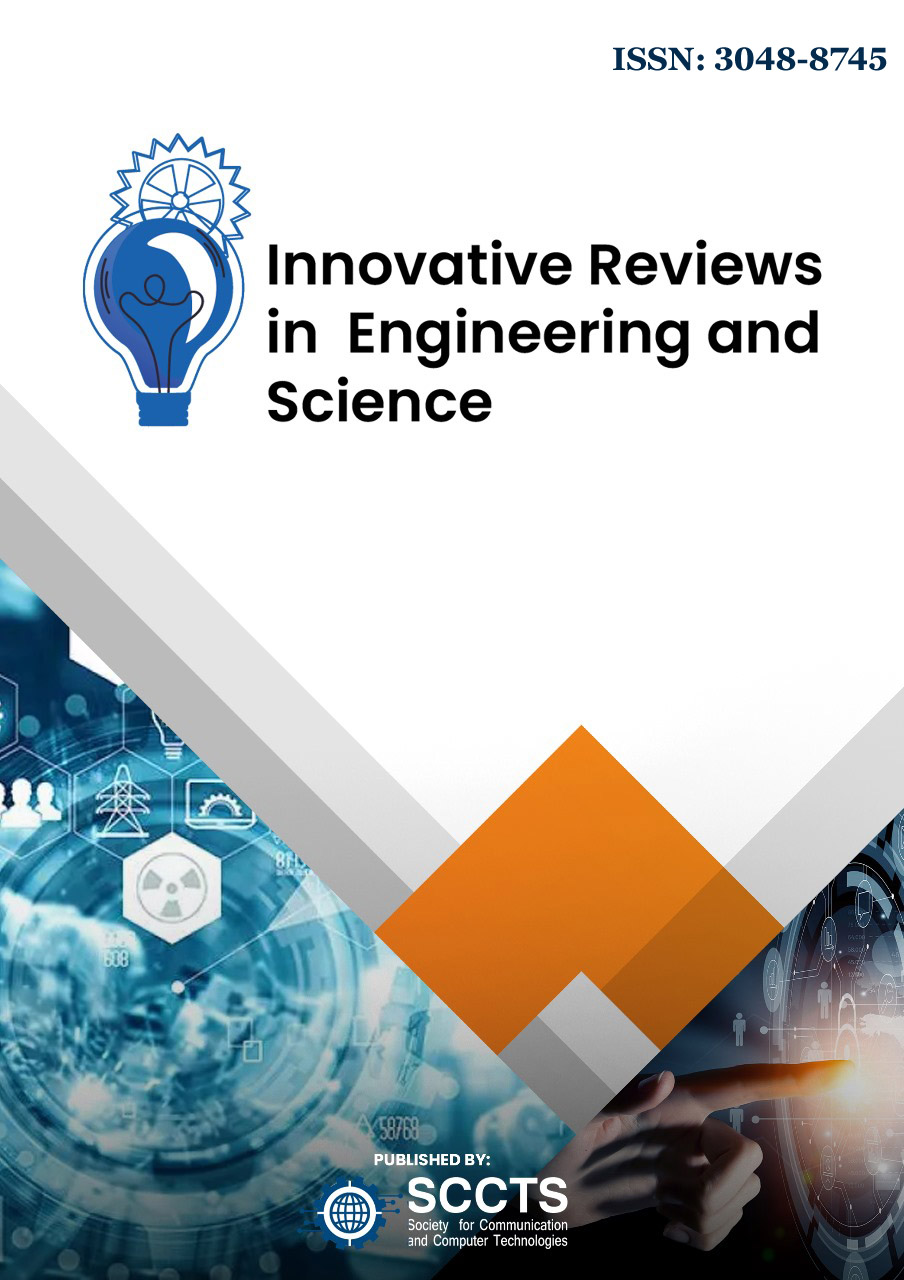A Holistic Framework for IoT-Driven Smart Agriculture: Intelligent Sensing, AI-Based Analytics, and Environmental Sustainability
DOI:
https://doi.org/10.31838/INES/03.02.14Keywords:
Smart Agriculture, Internet of Things (IoT), Precision Farming, Artificial Intelligence (AI), Environmental Sustainability, Wireless Sensor Networks (WSNs), Cloud-Edge Computing, Sustainable Agriculture, Machine Learning, Real-Time Crop MonitoringAbstract
The recent need to achieve high agricultural production, internalization of resources and sustainability on the global scale has triggered the adoption of new digital technologies on contemporary farming. A holistic framework of the use of IoT to realize smart agriculture is unveiled in this paper with a focus on synergy between intelligent sensing technologies, AI-based analytics and sustainability objectives. The proposed architecture combines a wide variety of IoT sensors to observe real-time soil parameters, environmental conditions, and crop health with no issues handing them over to the cloud-edge infrastructure and providing low latency and energy-efficient data operations. Machine learning algorithms and artificial intelligence are used to derive meaningful information that can be used to carry out precision irrigation, forecast pests and diseases, and allocate resources in the best possible ways. The framework also assesses other communication protocols, which can be deployed reasonably on farms, including LoRa, ZigBee, and NB-IoT, on the reliability and scalability to heterogeneous farm conditions. In order to support the effectiveness and viability of the proposed implementation, a case study deployment on a test bed farm is discussed in the accuracy of data collected, amount of energy used, and sustainability parameters, which include how much water is saved and carbon emission reducing. The findings indicate an effective increase in the rates of efficiency of operations, accuracy of decision-making and optimization of resources. In addition, this research paper outlines the areas of crucial difficulty in system interoperability, data privacy, and rural connectivity, and provides the potential future research orientations such as blockchain-based system security and agri-intelligence through 6G. Filling the gap in the technological and the ecological level, this work further helps to develop the concept of sustainable smart farming ecosystems and provides a scalable plan on how to turn the existing agriculture into a resilient and data-driven paradigm.





